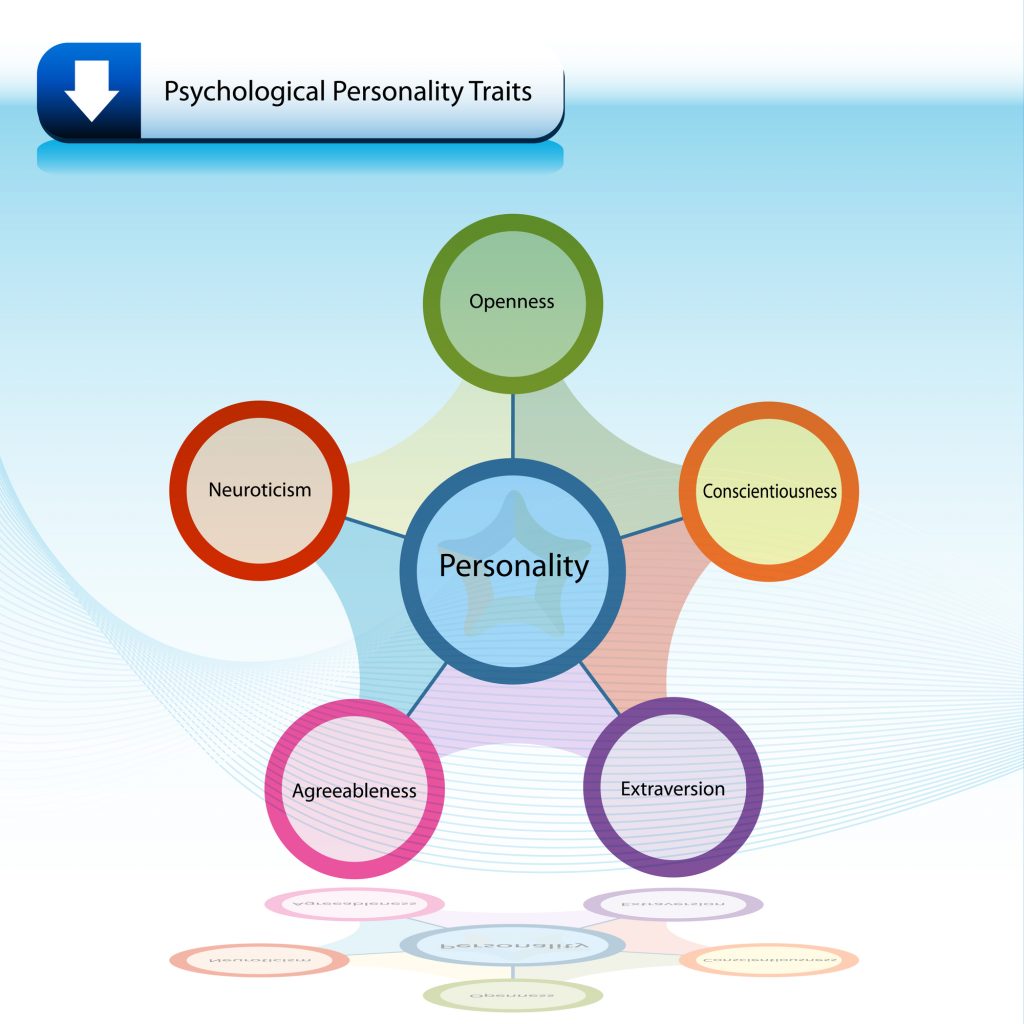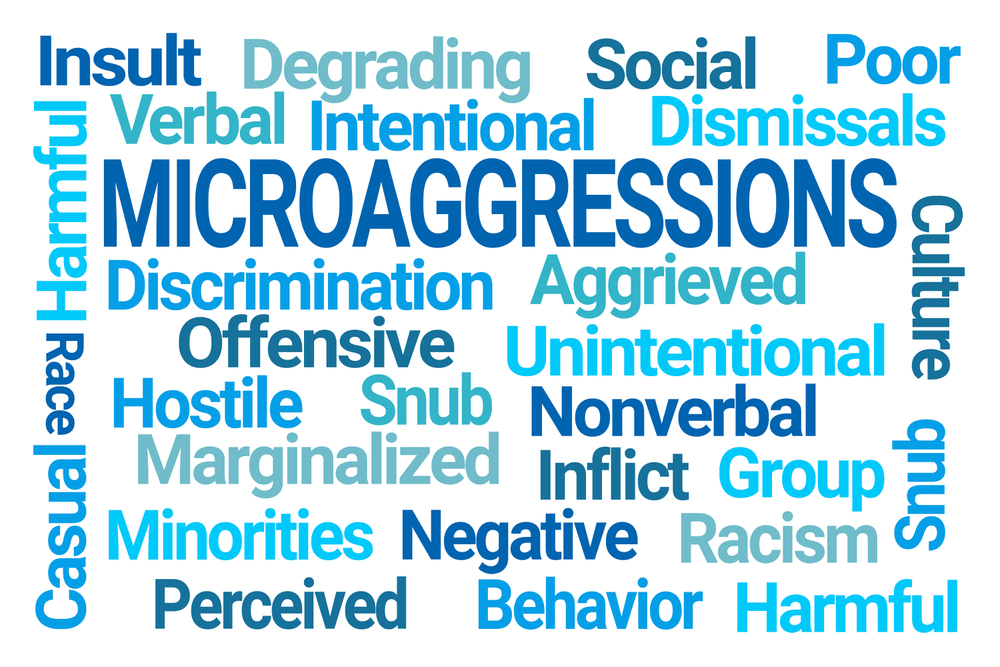Many people, including some of my clients, feel as if they are stepping into an invisible cage when they arrive at work. Years ago, I had the same feeling. Sure, there are no physical bars on the windows, (if they are fortunate enough to have an office window) but the negative impact of an unfriendly, boring and/or unstimulating workplace can be significant.
As one client expressed recently,
“Most days I want to leave my office and never come back; I feel as if I’m suffocating. But, can I really justify the financial hit that will directly impact my family, if I decide to pursue something else? I’ve got a kid going to university in a few years, and I want to be able to retire around the same time as my partner. I also don’t want to lose the lifestyle we are accustomed to.”
What I took from that comment is that my client felt bound by the age-old issue of having a job you hate but also knowing it affords so many privileges that will be hard to give up. This is often called the Golden Handcuffs.
Things to Consider Besides the Golden Handcuffs
Sometimes, there are no easy answers to this problem. Depending on the specifics of a person’s situation, it may not be practical to trade in the golden handcuffs job for something more appealing – especially if the new job may not meet one’s financial needs (or preferences). This is especially true when a recession may be looming or when we’re under other types of financial pressure (e.g., student loans, saving for a home, divorce/separation, the costs of post-secondary education for our kids, etc.). Those external factors warrant consideration before throwing off the golden handcuffs.
I do, however, realize how important it is (at least for some people) to have a basic level of career fulfillment. This is especially true for ‘Type A’ people who love to work and have no desire to stop achieving new professional goals or earning money. So, one way that I support and encourage my clients (mostly high achievers) is to help them identify future jobs that are a better match for their skills, experience, and interests. This can include taking careful stock of their work history, values, priorities, and credentials to reframe them in a way that will resonate with future employers. This may include a career assessment and/or adjustment to their resume, cover letter, LinkedIn profile, job search strategy, and how they answer interview questions.
When I’m working closely with a client, I can help them spot red flags during the hiring process so that they can avoid going from the proverbial frying pan into an equally hot fire.
Two Signs that the Golden Handcuffs are Doing More Harm than Good
1. Poor Work Environment – If you find yourself working in a toxic environment, or have become the victim of workplace bullying or sexual harassment then even substantial pay, benefits, paid vacation time, etc. should not be treated as a consolation prize for putting up with abusive behaviour. In the long term, the impact of a stressful work environment can take a toll on your physical and mental health. See these past blogs for further details and related resources:
- Calling in Sad to Avoid Workplace Problems
- (Summer) Burnout – What Is It and How Can It Affect Your Job?
- The Right Help At The Right Time: What are the Differences Between Psychologists, Psychiatrists, Psychotherapists and Life Coaches?
Although there is a growing awareness and less tolerance for these bad behaviours in the workplace, many victims are still being mistreated when they bring these matters to HR or business owners. Depending on the specifics, it is probably wise to work with a knowledgeable career coach and possibly an employment lawyer to help you navigate around the problems.
2. You’re Underemployed or Your Career Has Stalled – As I noted in a previous blog post about Being Overqualified and Underemployed, in 2014, Time magazine reported that “36% of respondents/workers thought they were overqualified for their current jobs, and about two-thirds of those were looking for a new job they think better befits their skills.”
When you’re overqualified for your job and/or you’re no longer learning anything new, it’s wise to think about moving into a new role … unless you’re nearing the end of your career. Finding a job that’s a better match for your experience and abilities can help you avoid being sidelined into an unsuitable role for the long-term.
Being overqualified often means that you’re not earning what you should be earning. This isn’t trivial. Compounded over the long term, this will have a negative impact on your life-long earnings and standard of living.
If you identify with any of the issues mentioned in this blog and want to know how you can navigate a clean break out of your golden handcuffs and into something more suitable please contact me confidentially by phone (I offer a no-obligation, free 15-minute initial phone consultation), email, Twitter, LinkedIn, or Facebook. I’ll help you put things in place so that you don’t need to risk of losing out on your bright future or your golden years.
[speaker-mute]
 If something urgent comes up, I’m also available by a voice or video on Magnifi, an expertise-on-demand app (this will allow you to squeeze in quick calls between the appointments on my official schedule and/or some evening and weekend options).
If something urgent comes up, I’m also available by a voice or video on Magnifi, an expertise-on-demand app (this will allow you to squeeze in quick calls between the appointments on my official schedule and/or some evening and weekend options).
More than career coaching, it’s career psychology®.
I/O Advisory Services – Building Resilient Careers and Organizations.™
Easily share this article using any of the social media icons below.
[/speaker-mute]






